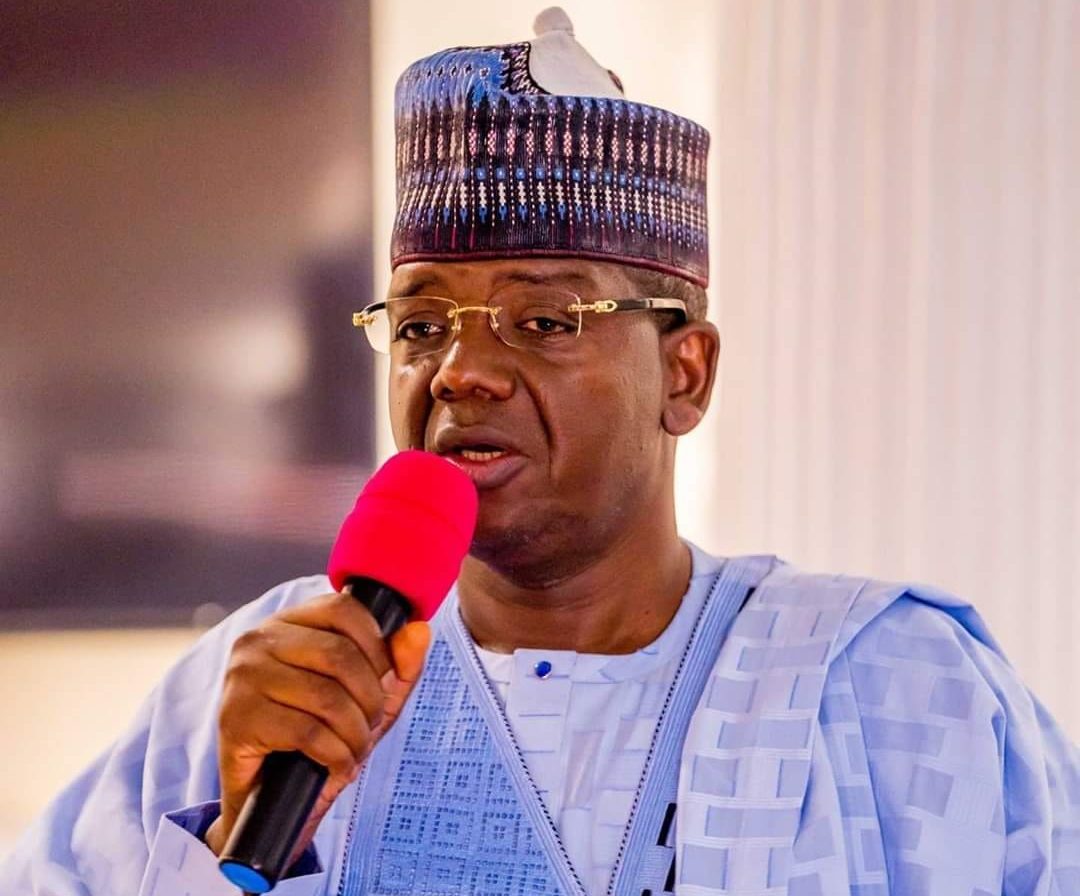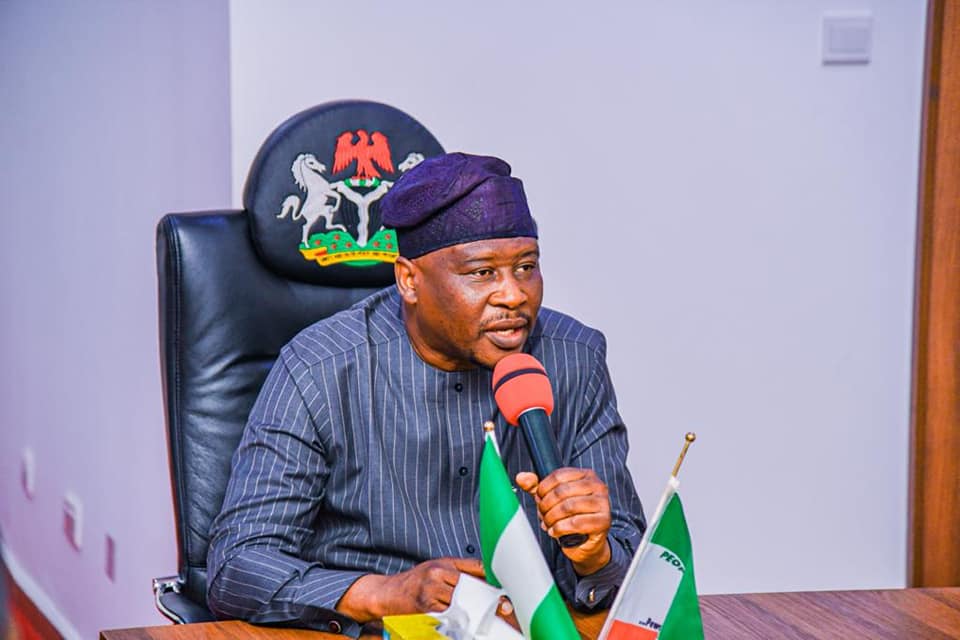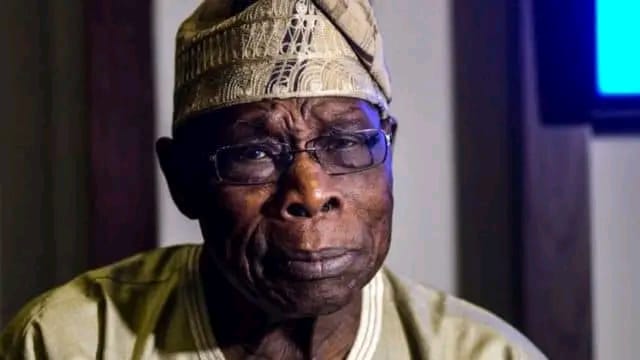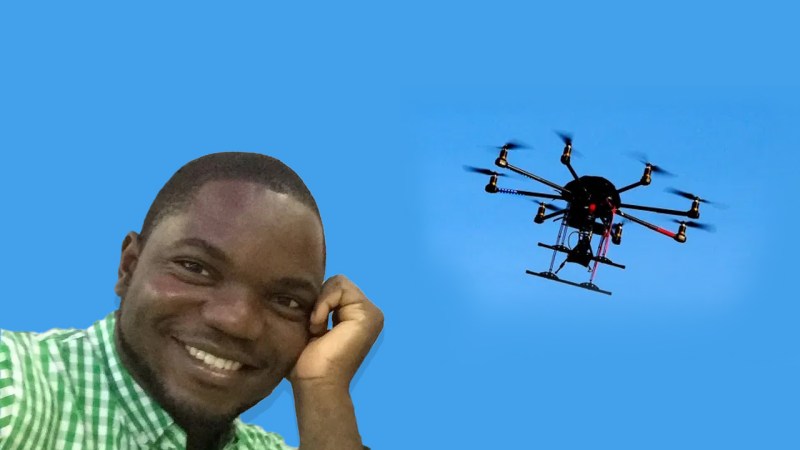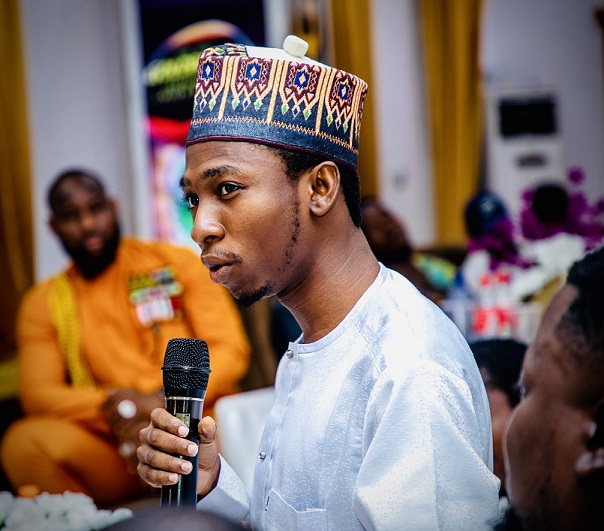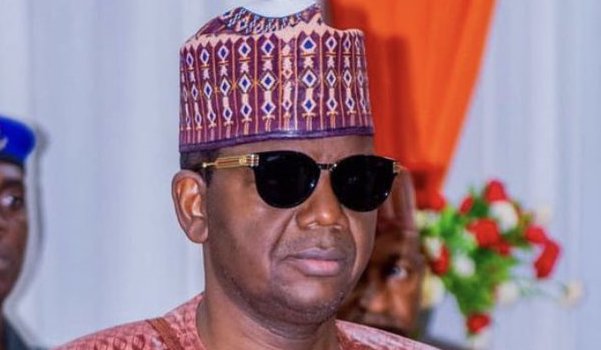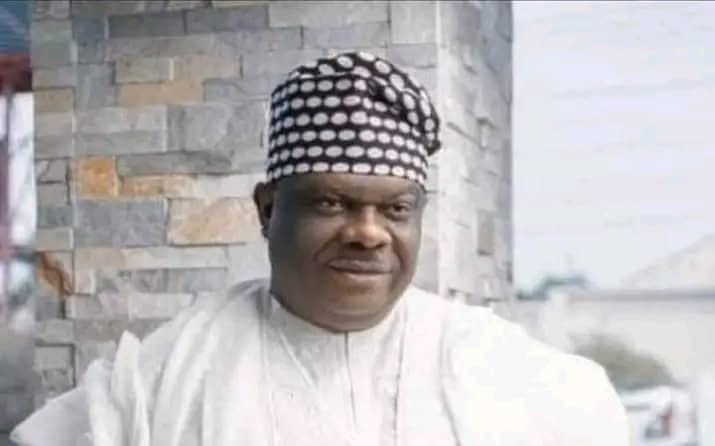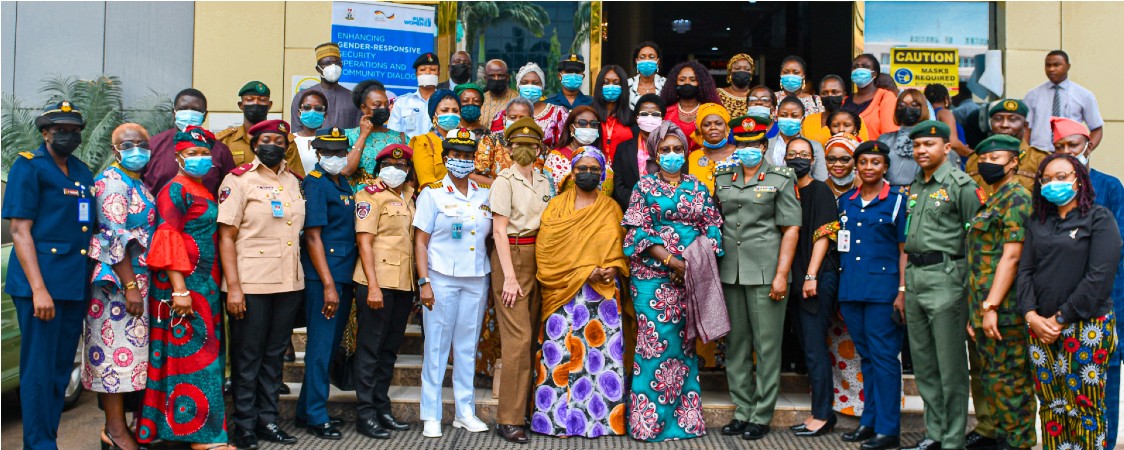Matawalle lambasts Northern Elders Forum over comments on Tinubu’s administration
By Uzair Adam Imam Minister of State for Defence, Bello Mohammed Matawalle, has strongly condemned the Northern Elders Forum (NEF), labeling the group as a divisive force in Northern politics…
